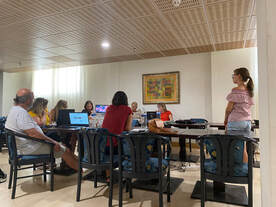 Did you know that from early childhood to adulthood, play stands as a cornerstone of cognitive development? Reflect on your favorite games - do they ever fail to captivate your interest? These games create invisible threads weaving together our memories, experiences, and emotions. Whether it's classics like hide-and-seek, puzzles, construction games, or board games, they all share a common thread: the innate ability to ignite our curiosity and engagement. From 18/09/2023 to 24/09/2023, an exciting event unfolded in Tenerife - the latest edition of the course "Discover the Power of Game-Based Learning and Gamification in Education". Participants journeyed from across Europe, including noteworthy representatives like Spyridoula and Kosmas from 3ο Geniko Lykeio Alexandroupolis in Greece, Alexandra, Klaudia and Andrea from Budapest IX. Kerületi Weöres Sándor Általános Iskola és Gimnázium in Hungary, Milena from Private Secondary School "Educational Technologies" in Bulgaria, Ann from Oscar Romerocollege in Belgium. This educational week was ingeniously structured to resemble a game itself, similar to progressing through levels in a video game. Participants were encouraged to craft their unique characters, much like avatars in a video game. This innovative approach created a platform for participants to discover each others skills and passions, unveiling the rich diversity close to the reality of every classroom. In the beginning stages, conversations centered on the educational advantages of integrating games into the learning process. It marked a significant moment of recognition, highlighting that many educators find themselves in the role of digital immigrants within an educational environment largely influenced by digital natives. Through thought-provoking challenges, the focus was on distinguishing between gamification and game-based learning: gamification entails introducing game elements into non-gaming situations, while game-based learning seamlessly incorporates educational content into gameplay. The important result achieved in the second part revolved around participants descriptions of the eight essential internal and external motivators that influence human engagement to form a conventional gamification framework. Participants enthusiastically embraced role-playing activities, fully immersing themselves in the motivations that drive typical gamers. In the third phase, the focus was on exploring tools and applications related to games. Participants identified, examined, and creatively transformed familiar games into engaging educational resources. Following their successful navigation of challenges, participants were given the chance to design their own tools, both offline and online. The climax unfolded in the ultimate stage when players took their activities outdoors, embarking on an exhilarating city-center treasure hunt. This was followed by an intriguing virtual escape room adventure where they deciphered puzzles and riddles to secure their freedom. Subsequently, participants engaged in strategic discussions, devising plans to infuse gamification into their classrooms while taking into account the distinct needs and characteristics of their students. After successfully traversing through all the phases, participants revealed innovative methods to tap into the hidden learning potential within even the most traditional games. They also unearthed online resources with the potential to greatly boost student engagement for a newfound enthusiasm within their classrooms. Discover more about this course here |
Welcome to the ELA Blog. Here you will find articles and photos of our courses and have a look at the topics addressed during the week in Bologna, Palermo and Tenerife. You will also have the chance to take a peek at our projects and check out what we have been up to.
Archives
July 2024
Categories |
-
Course catalogue
- 2023-2024 course catalogue
- Soft Skills >
- ICT and New Technologies >
- Inclusion and Diversity >
-
Innovative Teaching Methods
>
- Innovative teaching methods discovery
- Non-formal education teaching methods
- Dual education and work-based learning
- Teaching leadership and entrepreneurship
- Project based learning
- Game based learning and gamification
- Green skills
- Outdoor education
- Outdoor education trekking edition
- Promoting creativity and critical thinking
- Languages and EU projects >
- Preschool >
- Erasmus Plus KA1
- What we do
- About us
- Locations
- Blog
- Contact us
 English
English български
български Čeština
Čeština Español
Español Français
Français ελληνικά
ελληνικά Italiano
Italiano Polski
Polski Português
Português Română
Română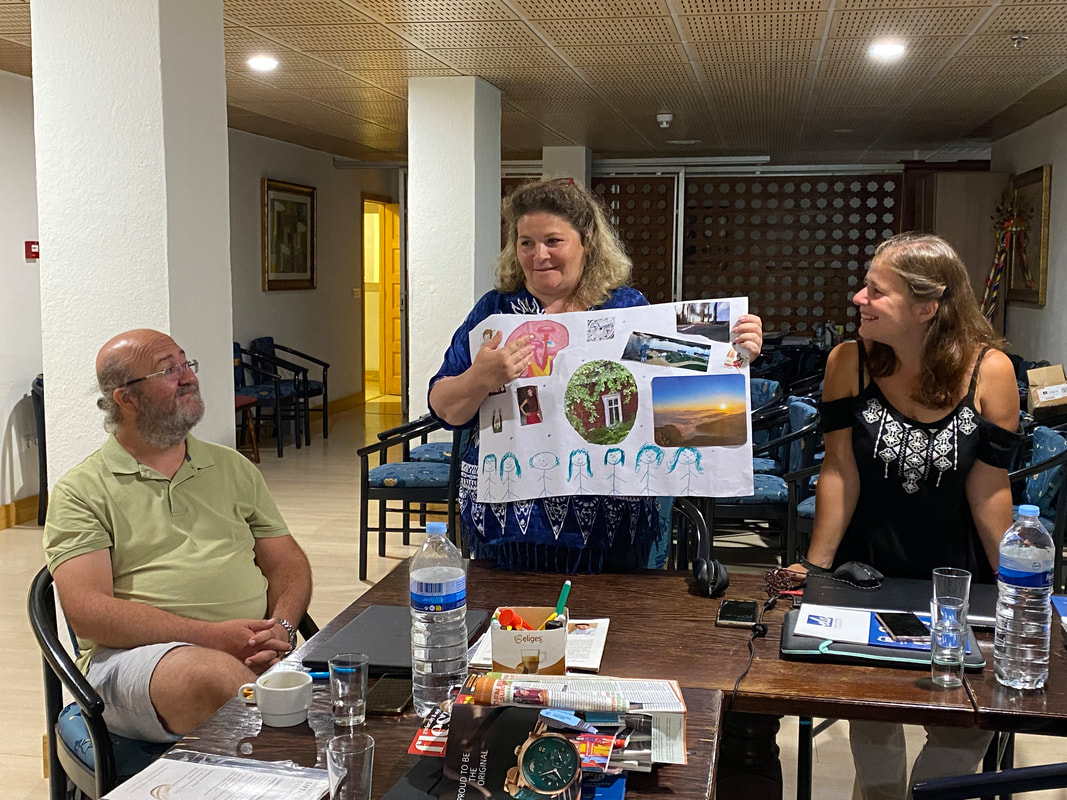
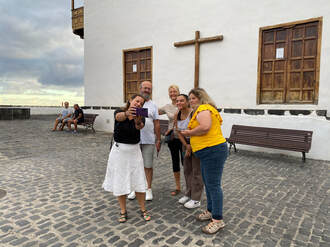
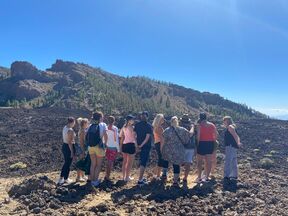
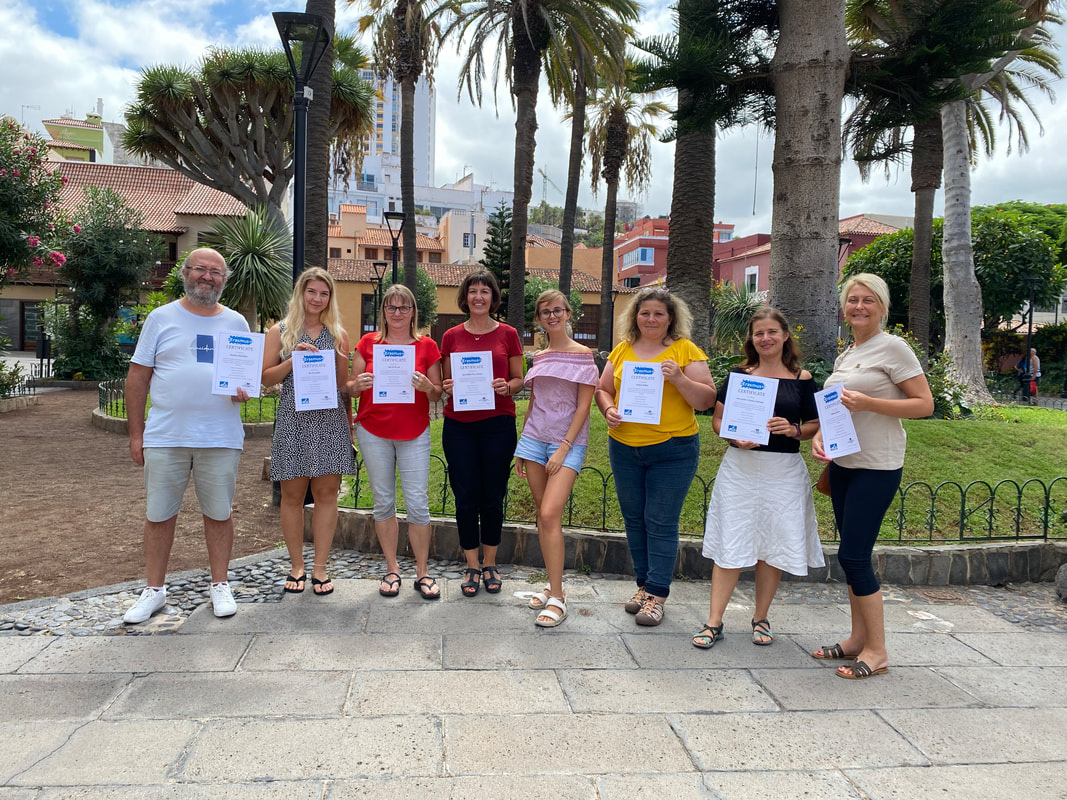
 RSS Feed
RSS Feed









